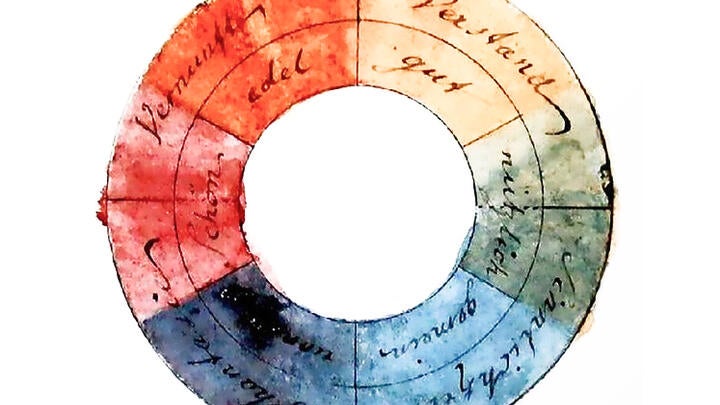The thing is to turn crazy without any provocation. Don Quixote
Ovid, Cervantes, and Orwell had something in common: in their writings, argues literary scholar Frederick de Arnas, these prescient writers all “linked war and censorship [and fake news] in increasingly dystopian terms.” These three authors, spanning two thousand years, were either physically censored for their socio-political critiques (banished from their homelands) or wrote futuristically about the same, because they saw “the writing on the wall” so to speak that their worlds were descending into chaos. What does this mean for us? For this session, we are bringing together two scholars, an historian who works on how news (and fake news) spread across the Early Modern British Empire, and an Annenberg professor who traces how current technologies and cultures of media production have the power to shape public life. Professors O’Neill and Ananny will guide us in conversation to decipher, like Ovid, Cervantes, and Orwell, the “writing on the wall” in our present political landscape and hopefully, avert the chaos.
Each spring session will be paired with an Ahmanson Lab workshop on a related topic.
-
Associate Professor (Teaching) of History
My book The Opened Letter: Networking in the Early Modern British World (Philadelphia: University of Pennsyvania Press, 2015) explores the way networks formed through letter writing helped bind together an increasing vast British world during the late seventeenth and early eighteenth centuries. During this period it became both easier to send a letter, as the postal system expanded, and more necessary, as the British settled across the globe. Understanding how the British used their letters illuminates how they thought about their society and how they navigated their changing geographic and communicative worlds.
Beyond letters, I am also interested in how news flowed and how the British thought about and used the information that surround them. This interest informed my article, “Dealing with Newsmongers: News, Trust, and Letters in the British World, c. 1670-1730,” which came out in the Hunting Library Quarterly in the summer of 2013.
At USC I teach courses on British History ranging from the 18th Century to the 20th Century. I also lead courses that explore the Early Modern World, global expansion and the print revolution. Finally I enjoy teaching a course on historical methodology and the history of history.
-
Associate Professor of Communication and Journalism
An interdisciplinary scholar working at the intersections of communication, journalism studies, media studies, and science and technology studies, Ananny traces how technologies and cultures of media production have the power to shape public life. He is an associate professor of communication and journalism at USC Annenberg. Working across communication, journalism studies, media studies, and science and technology studies, he sees the future of public life in the practices, assumptions, and controversies driving social media platforms, data infrastructures, algorithms, and artificial intelligence.
He is also on the faculty advisory committee of USC’s Center on Science, Technology, and Public Life and co-leads the interdisciplinary research collective “MASTS” (Media as SocioTechnical Systems). He was a 2019-2021 faculty fellow with USC’s Society of Fellows in the Humanities, a 2018-19 Berggruen fellow at the Center for Advanced Study in the Behavioral Sciences at Stanford University, and has held fellowships and scholarships with Columbia University’s Tow Center for Digital Journalism, Harvard’s Berkman-Klein Center on Internet and Society, Stanford’s Center on Philanthropy and Civil Society, the Pierre Elliott Trudeau Foundation, LEGO, and Interval Research. He was a founding member of Media Lab Europe, a postdoc with Microsoft Research’s Social Media Collective, and has consulted for LEGO, Mattel, and Nortel Networks.
His PhD is from Stanford University (communication), SM from the MIT Media Lab (media arts and sciences), and BSc from the University of Toronto (human biology and computer science).


